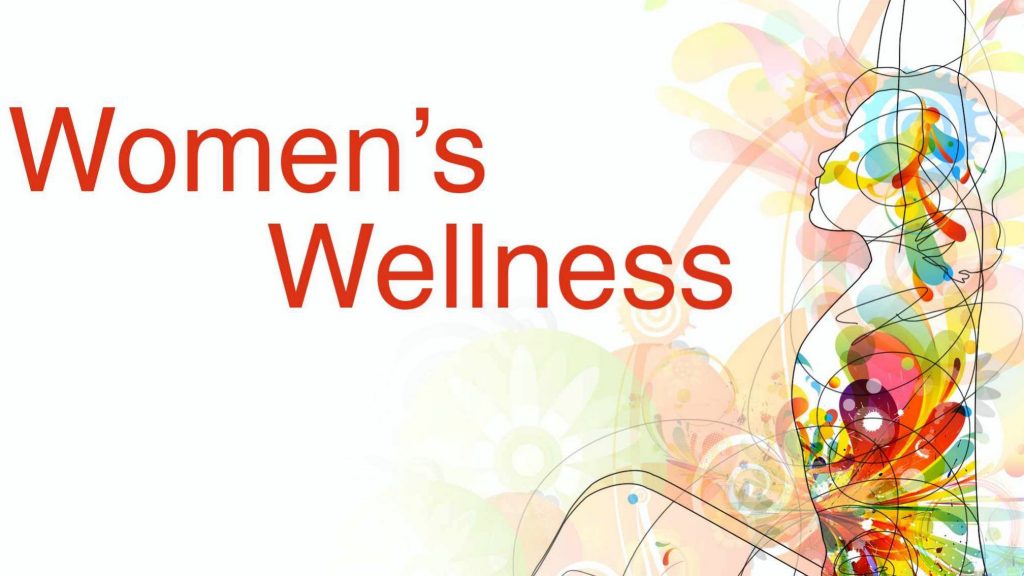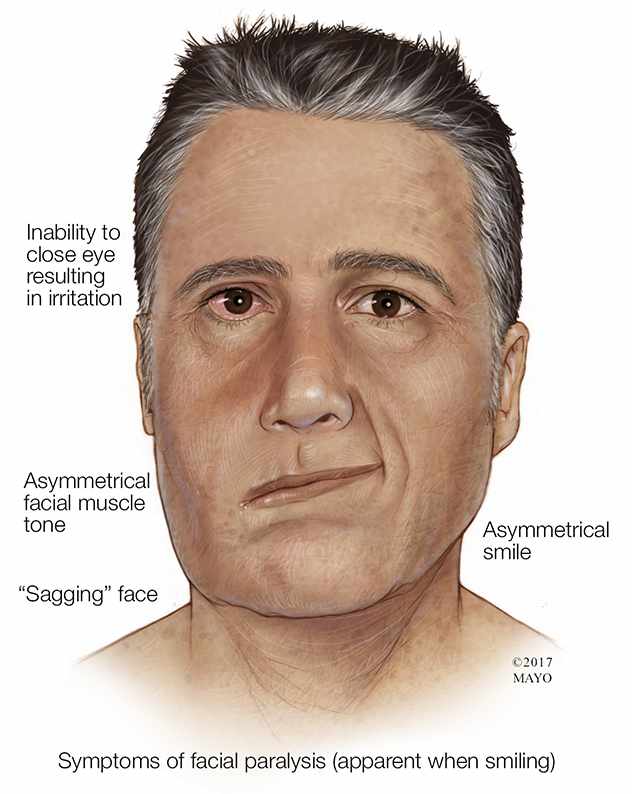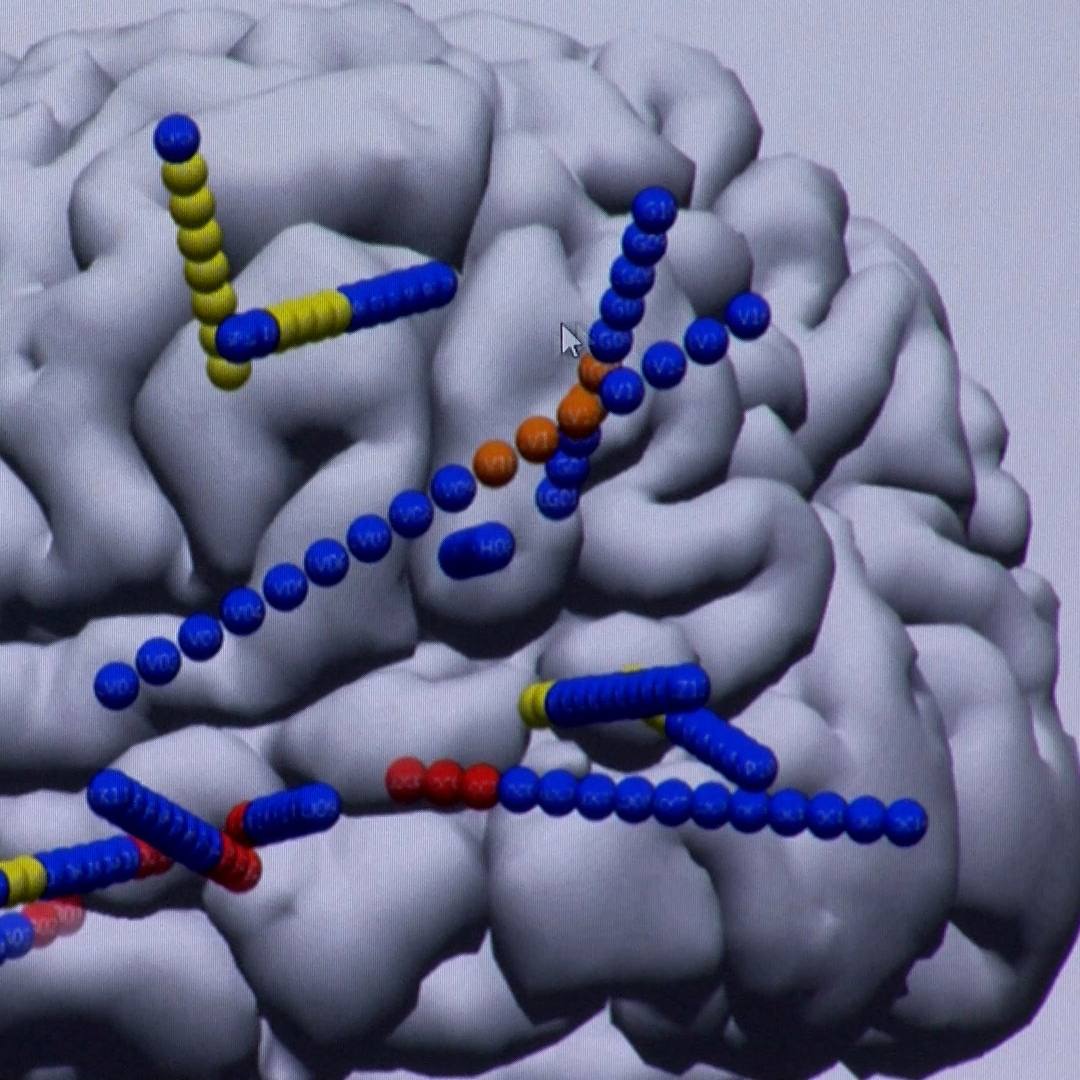
Pregnancy is a great time to talk about heart health. Dr. Sharonne N. Hayes, a Mayo Clinic cardiologist, says that women should know that they are at risk for heart disease and that pregnancy is a time of increased risk.
Watch: What pregnant women need to know about heart health.
Journalists: Broadcast-quality video pkg (0:59) is in the downloads at the end of the post. Please "Courtesy: Mayo Clinic News Network." Read the script.
"Women should know what their risks are and address them, and talk to their doctor about: 'What should I be doing? Maybe my blood pressure is a little bit high. Maybe I'm on blood pressure medication already. Should I stop it? Switch to a different one?' But have that conversation," says Dr. Hayes.
By talking about it, women can learn the best ways to stay heart-healthy.
"Sit down with your family practitioner, internist or OB, and talk about all sorts of health issues. Making sure that the things that you’re doing for your heart, like exercise and not smoking, and making sure the medications that you're taking and the diet that you are eating, are good for baby and for the heart," says Dr. Hayes.
Pregnancy puts a strain on the heart that most healthy hearts can handle. But that strain may unmask underlying conditions.
"All of a sudden, that person who was getting along fine, now they have shortness of breath and we diagnose a new thing. New diabetes or high blood pressure can occur during a pregnancy, and that needs to be monitored or treated. It may have an impact on the baby, and it definitely has an impact on a women’s future health," says Dr. Hayes.
Symptoms women may experience during a heart attack include chest pain; pain that radiates to the neck, jaws or down the arms, or between the shoulder blades; shortness of breath; lightheadedness; sweating; fainting; profound fatigue; and nausea or vomiting.

Related Articles







